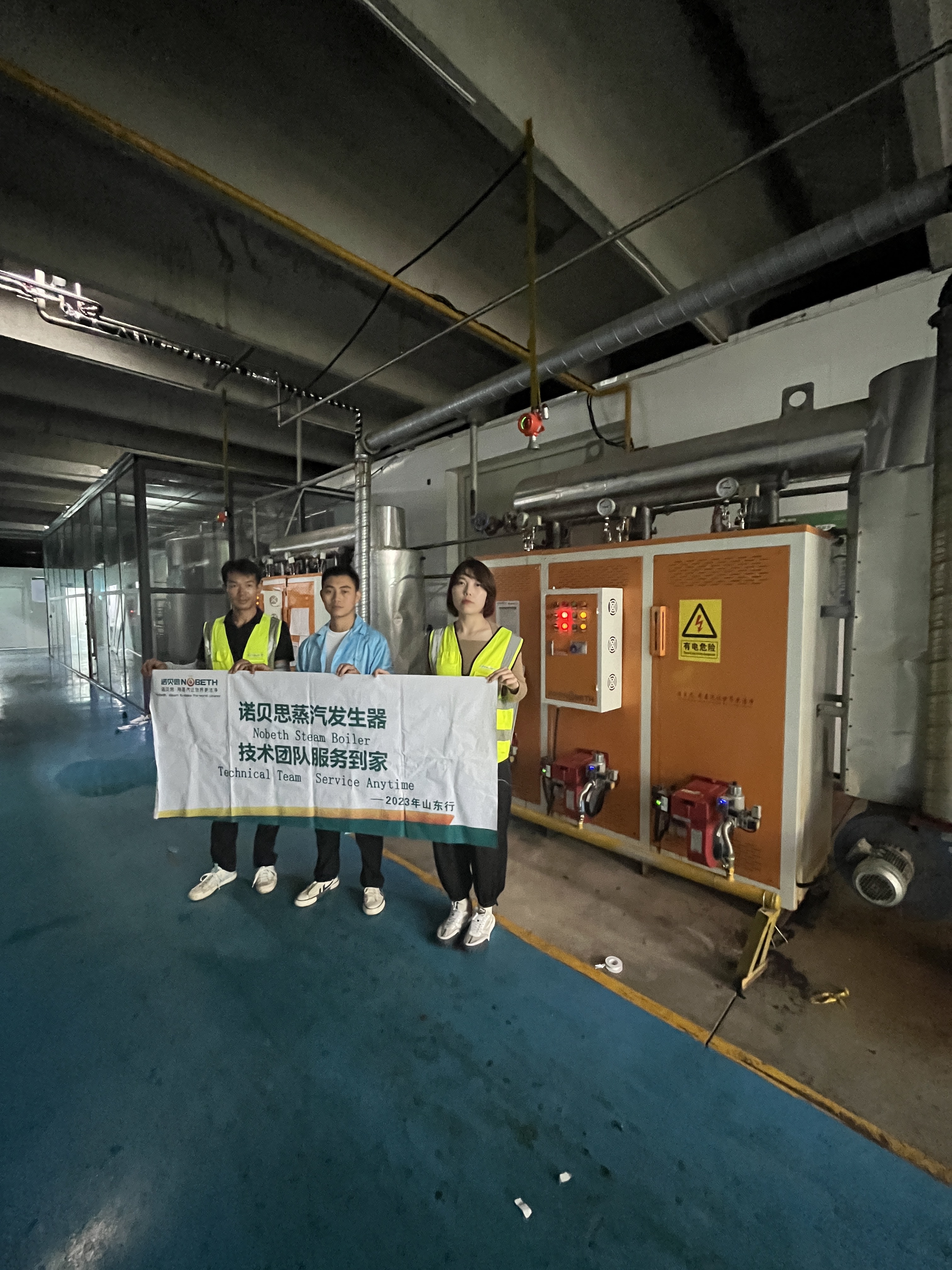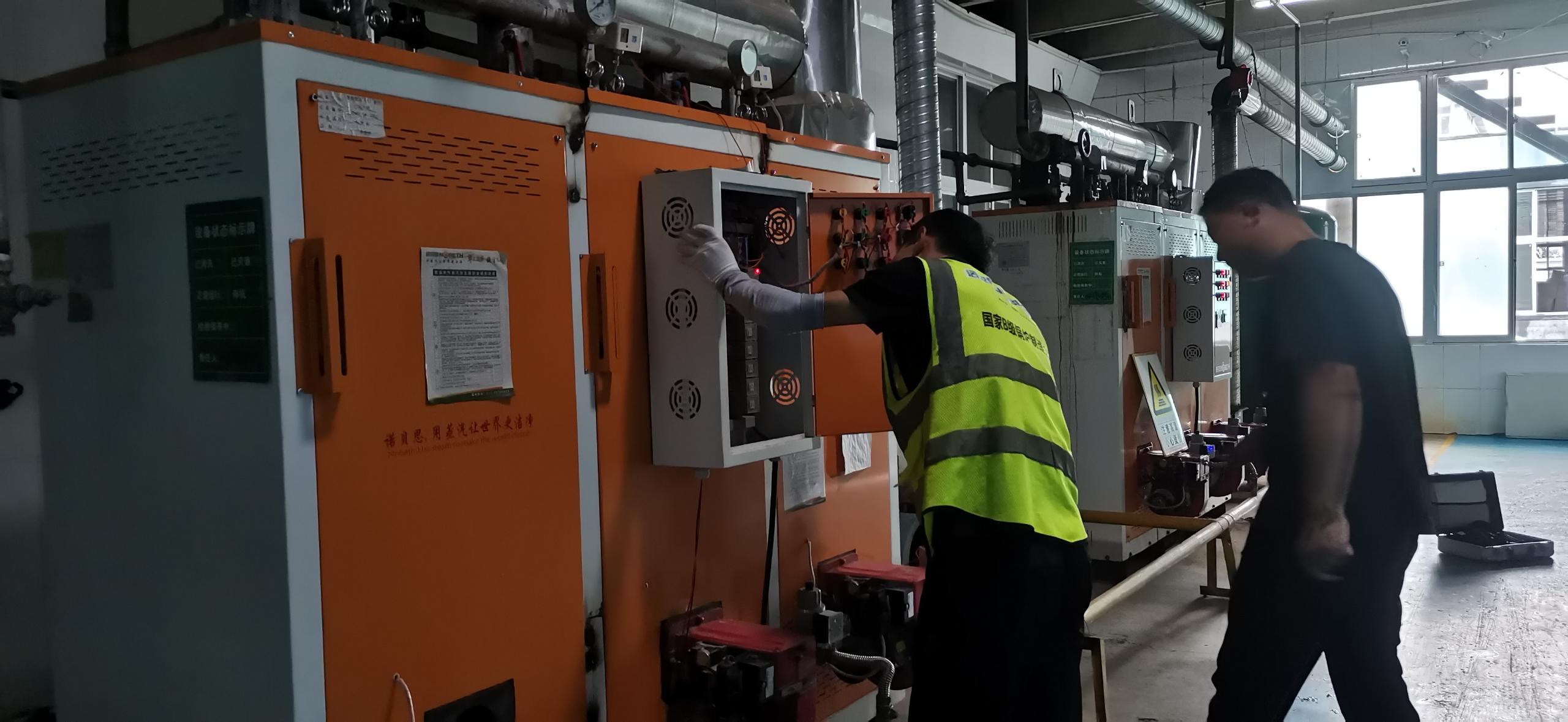Q:What should I do if there is a peculiar smell after burning the gas boiler?
A:
At this stage, companies pay more attention to operating specifications through heating gas boilers. Events similar to explosions and leaks often occur. In order to adapt to the strongly promoted environmental protection plan, many companies replace kerosene boilers with gas boilers. At the same time, the gas generated after full combustion Substances do not affect people’s health, but during the combustion process, there is a peculiar smell after the gas boiler is burned. Let’s find out together.
Why does a gas boiler produce a peculiar smell after burning? This phenomenon is usually caused by cracks in the gas pipeline, causing gas leakage, which is very dangerous. Careful inspections on pipes are needed to ensure indoor ventilation in the boiler room to avoid major safety issues. Gas leaks, check the pipes quickly. If there is a persistent odor, it is basically a pipe leak.
In many cases, gas boilers leak, usually due to failure to operate as specified, or due to substandard material quality, resulting in corrosion and perforation of the pipes, causing the equipment to leak due to poor sealing. In addition, if the gas boiler burner is operated for a long time, it may cause the air combustion ratio to be unbalanced, change the combustion, and lead to seal aging and leakage.
When a gas boiler leaks, the pressure will change, strong airflow sounds can be heard, and handheld alarms and monitors will make abnormal sounds. If the situation is serious, the fixed alarm in the gas boiler will also sound an automatic alarm and automatically turn on the exhaust fan. However, if not handled in time, disasters such as boiler explosions may occur.
To prevent gas boiler leaks, it’s actually very simple. On the one hand, it is necessary to install a gas leakage alarm device and check it regularly so that the boiler can be inspected regularly. On the other hand, it is strictly forbidden to smoke in the boiler room, do not pile up flammable items and debris, and wear anti-static overalls when entering the boiler room.
Explosion-proof equipment such as explosion-proof lighting and explosion-proof instruments should be related to gas boilers, and explosion-proof doors should also be installed on the flue of the boiler room to fully ensure the safety of gas boiler operations.
Before the gas boiler is ignited, the furnace and flue should be blown according to the operating procedures. The combustion speed of the boiler should not be adjusted too fast. Otherwise, the furnace and flue will leak after the boiler is turned off, preventing the burner from automatically extinguishing.

